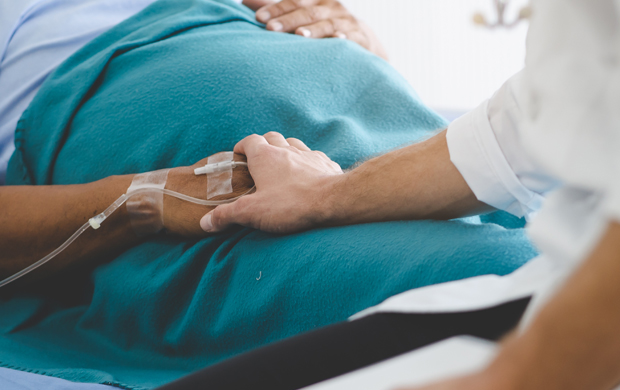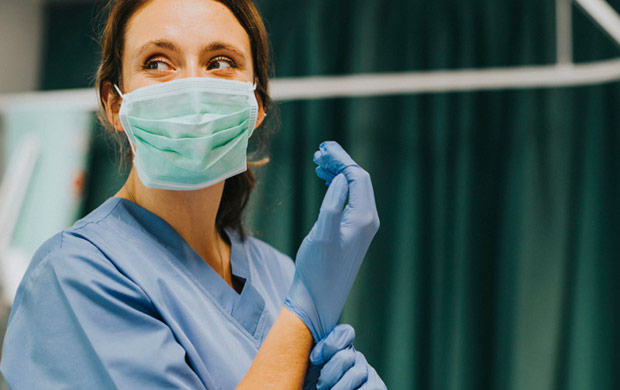In 2023, the CCH Ambulance Service received 9,411 calls, averaging 26 calls per day. Each call required a minimum of two hours of service and travel of over 70 miles. Transport was dispatched to 6,906 calls.
The Covington County Hospital Ambulance Service, led by Director Todd Jones, BS, NRP, comprises 60 employees including Transport Drivers, EMS Drivers, EMTs, Advanced EMTs, Paramedics, Fleet Managers, Shift Leaders, and Operations personnel.
Ambulance staff currently hold the following certifications: ACLS – Advanced Cardiovascular Life Support, PALS – Pediatric Advanced Life Support, CPR – Cardiopulmonary Resuscitation, EMS Driver – Emergency Medical Services, EMT – Emergency Medical Technician, Advanced EMT, Paramedic, LPN – Licensed Practical Nurse, RN – Registered Nurse – Critical Care Paramedic Certification CCP-C, Flight Paramedic Certification (FP-C), Advanced Stroke Life Support -ASL, Advanced Burn Life Support – ABLS.
With a mission for growth and excellence in service, many of Covington County Hospital’s ambulance personnel are in training and currently studying to achieve certification in the following categories: National Certification of EMS Managers, National Fleet Manager, Community Paramedic Certification, National EMS Educators, Quality Assurance Director, National Pediatric Providers.


Services & Equipment Offered:
- Transport Vehicles: four (4) wheelchair transports for non-emergency patients
- Ambulance: six (6) emergency vehicles used for response, treatment, and transportation of ill and injured patients
- Cardiac Monitors: Identify and treats aberrant heart rhythms
- Medications: to address the treatment of medical and trauma emergencies
- Anesthetic/Analgesics: for pain relief
- Intravenous (IV) Fluids: to treat shock or dehydration
- Anti-Seizure Medication
- Adrenaline: to reverse effects of low blood pressure or to treat severe allergic reactions
- Bronchodilators: to open airways in the lungs
- Nitroglycerin/Aspirin/Blood Thinners: to treat chest pains caused by constricted heart vessels
- Cardiac Arrest Medications: to restore cardiac output and rhythms
- Hemoglucometer: used to take a quick blood glucose level reading
- Splints: to stabilize fractures
- Airway Equipment: such as ventilation equipment (bag valve mask, oxygen, capnography) for patients with inadequate breathing
- Vital Sign Equipment: measures blood pressure, temperature, pulse, oxygen content, and carbon dioxide contact
